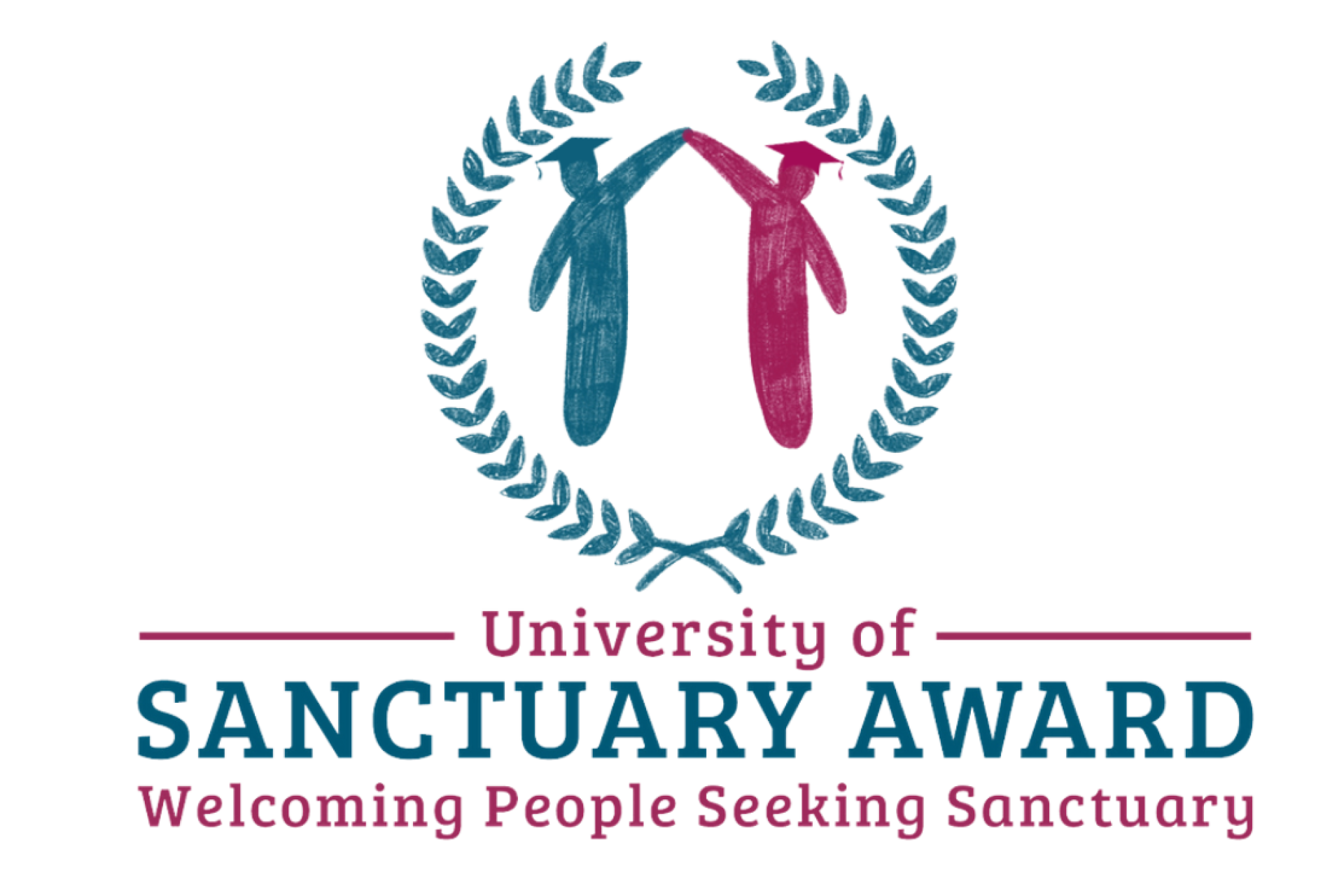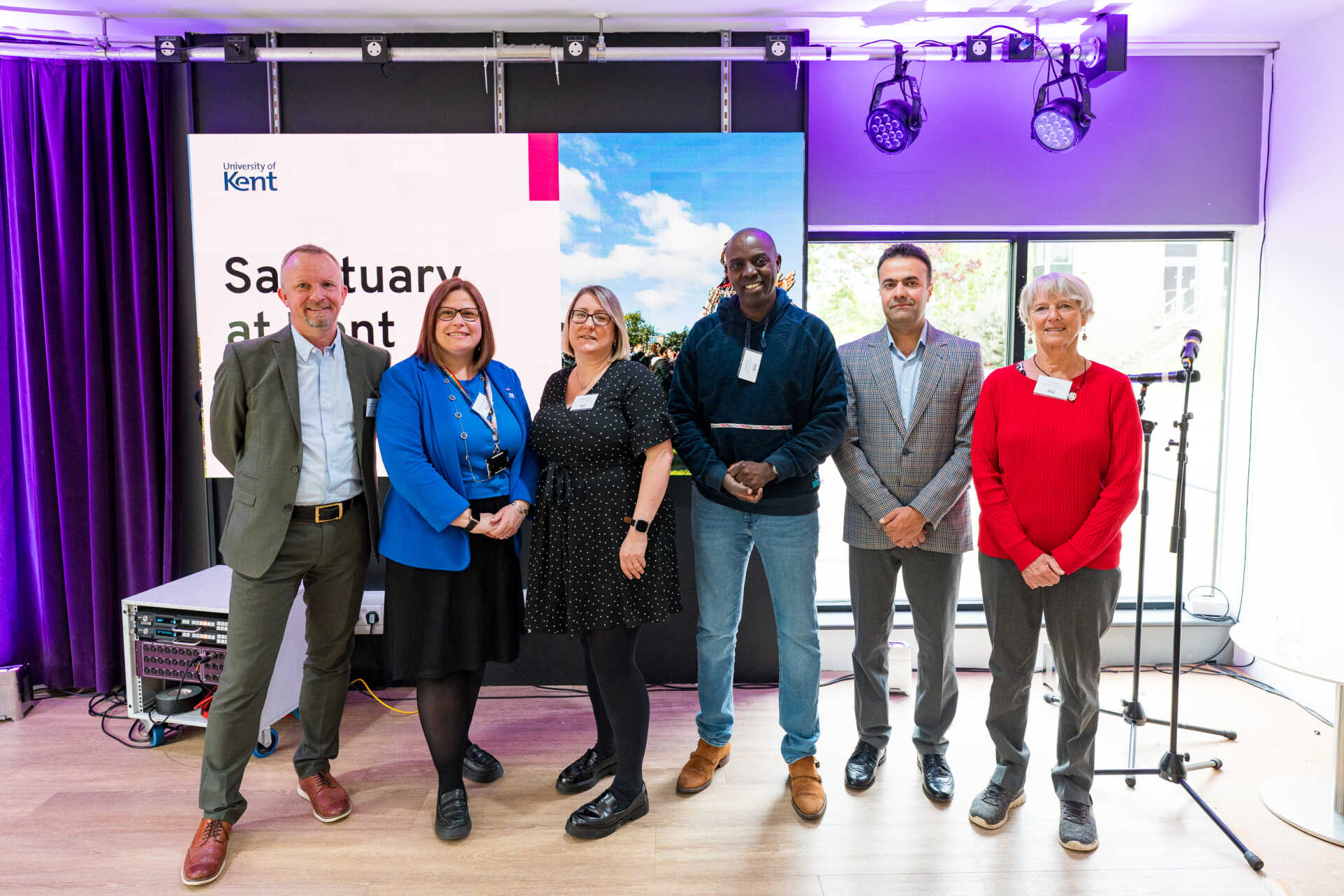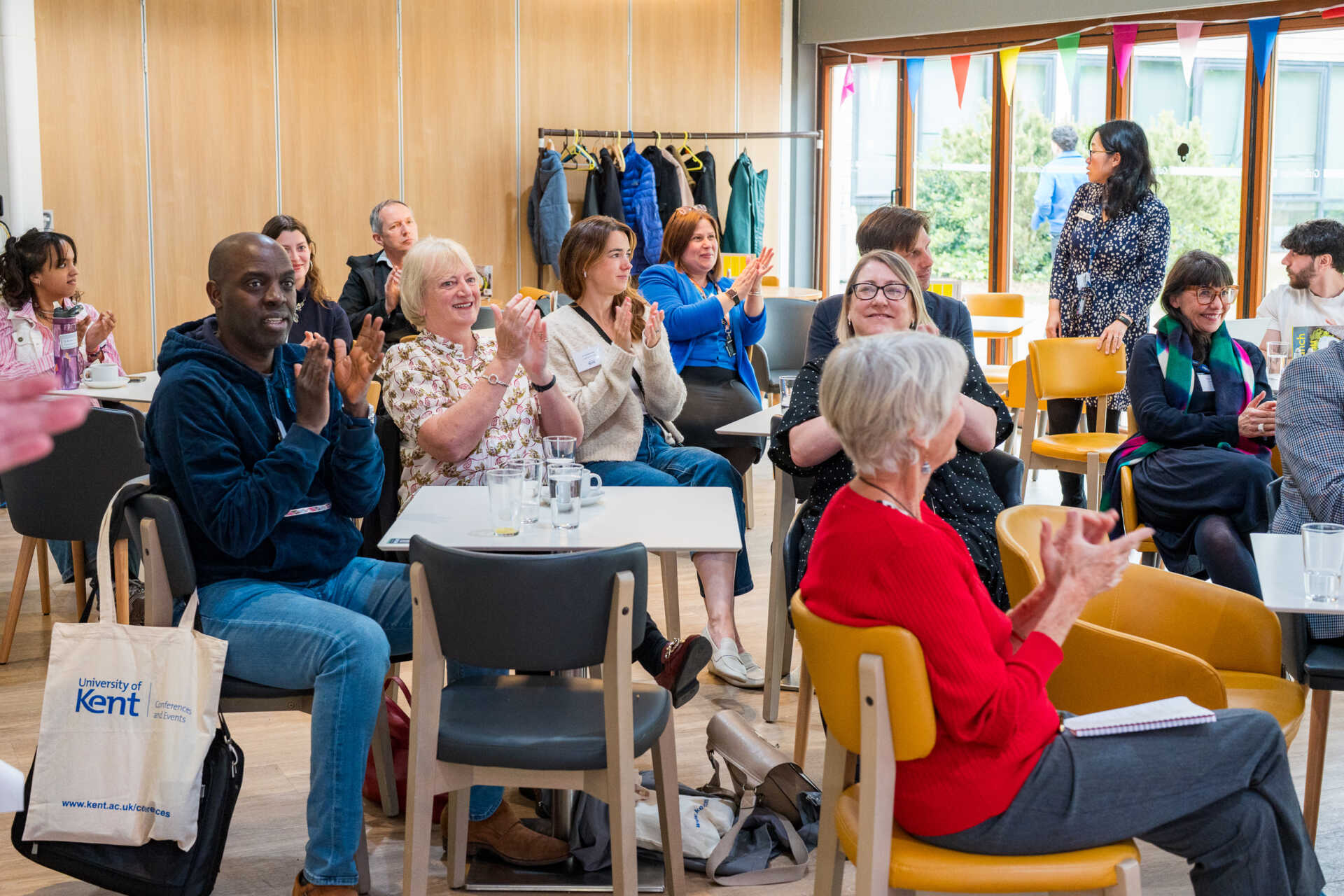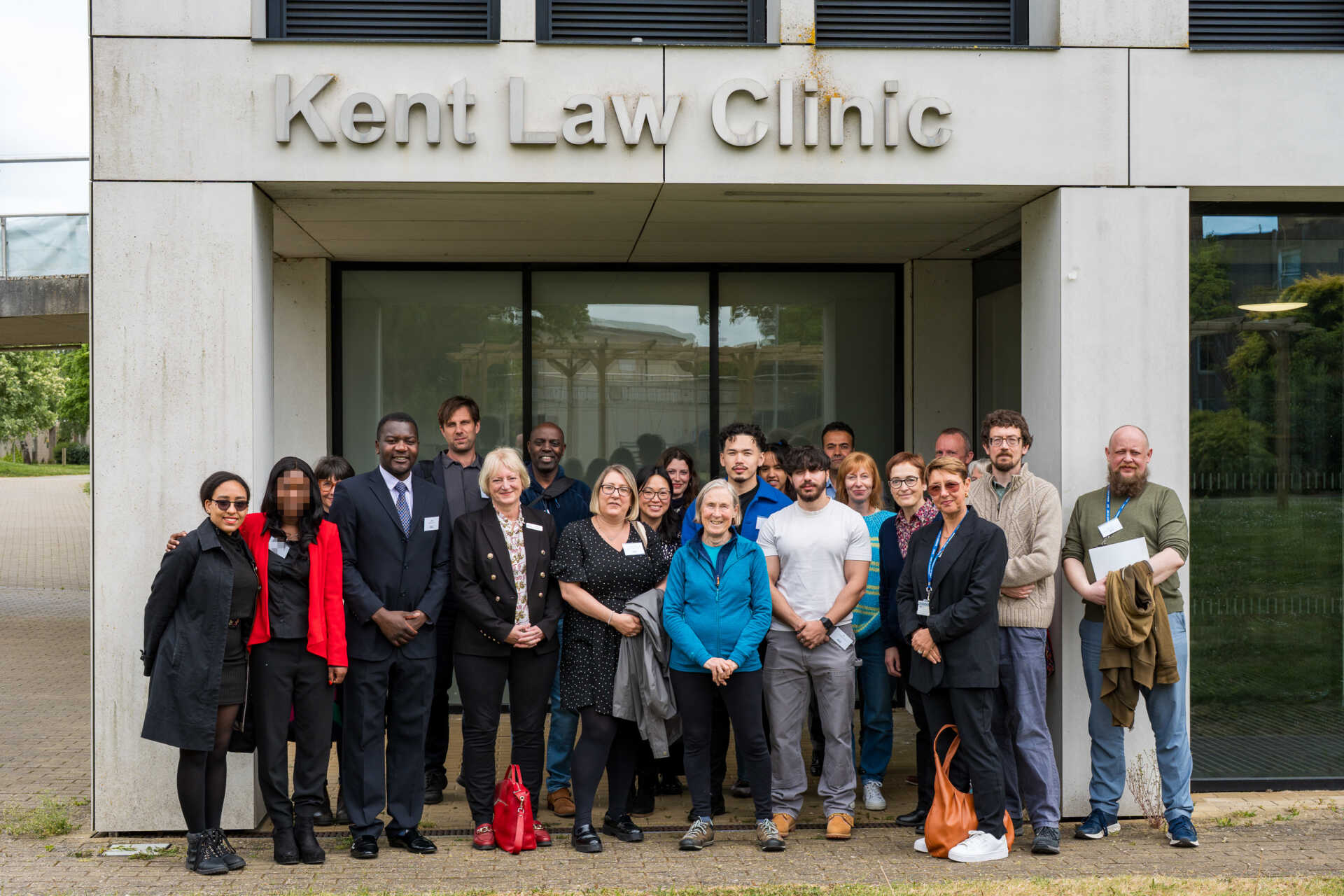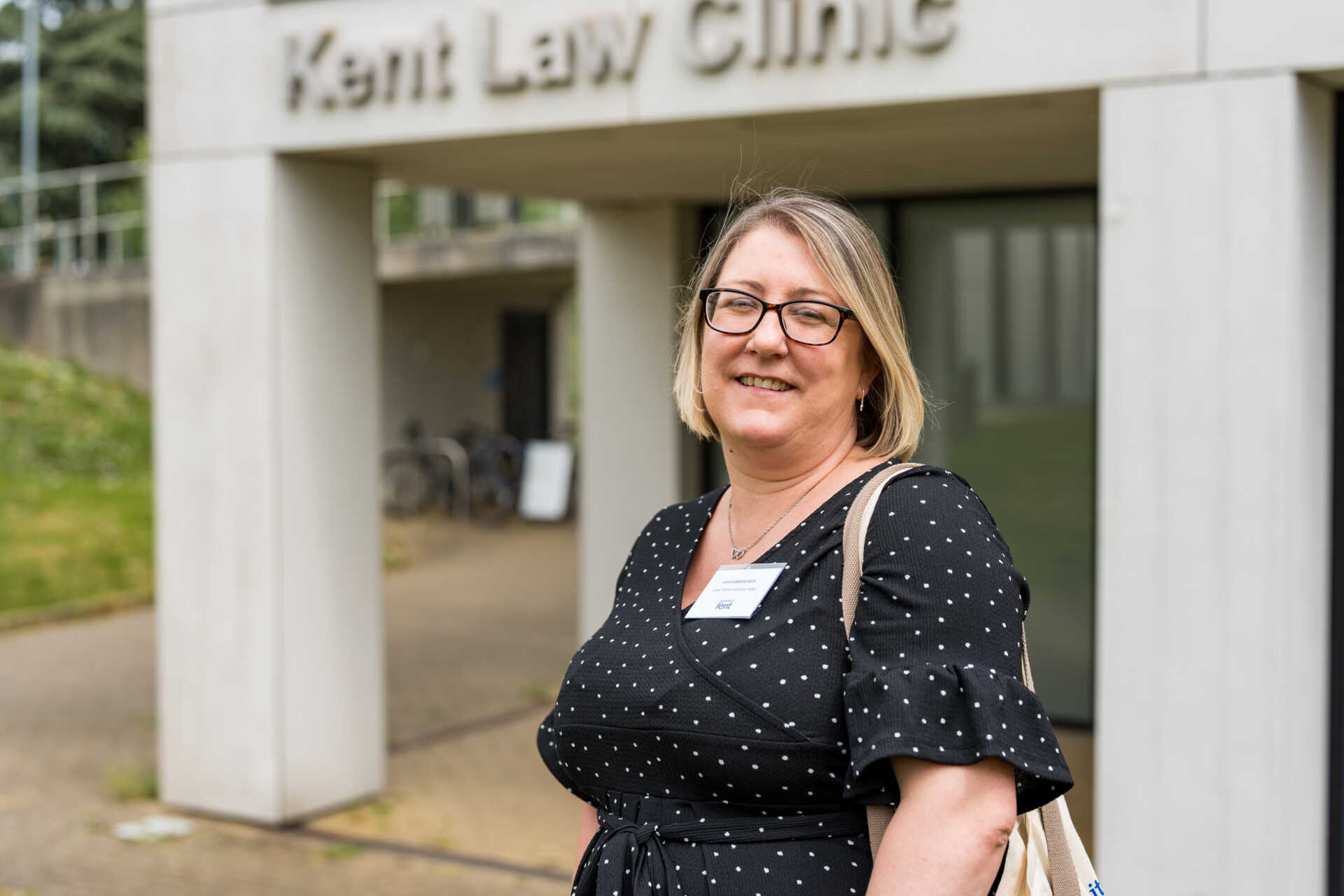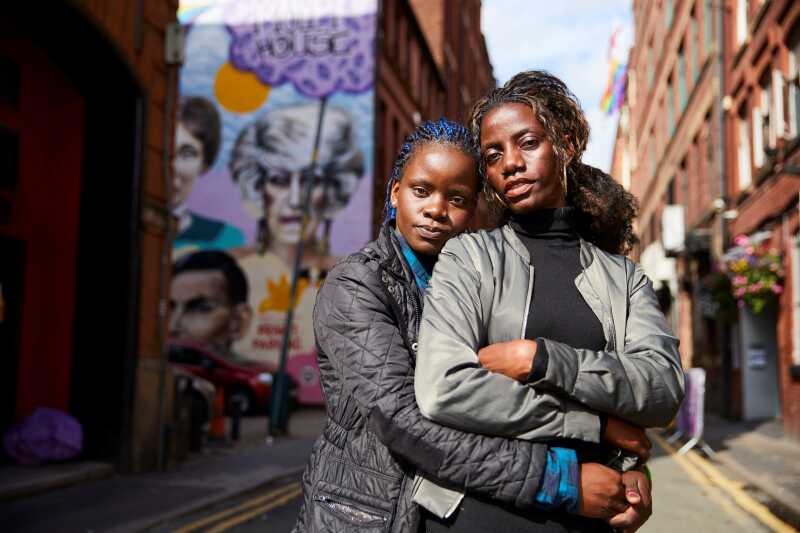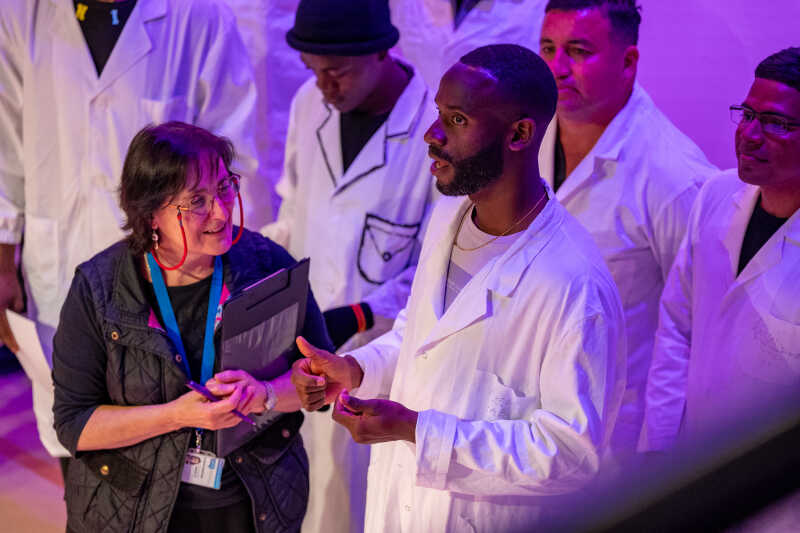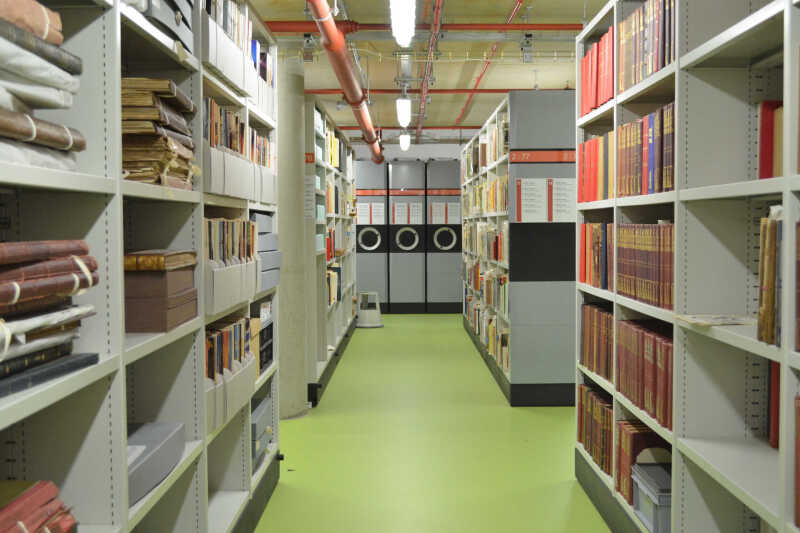Sanctuary
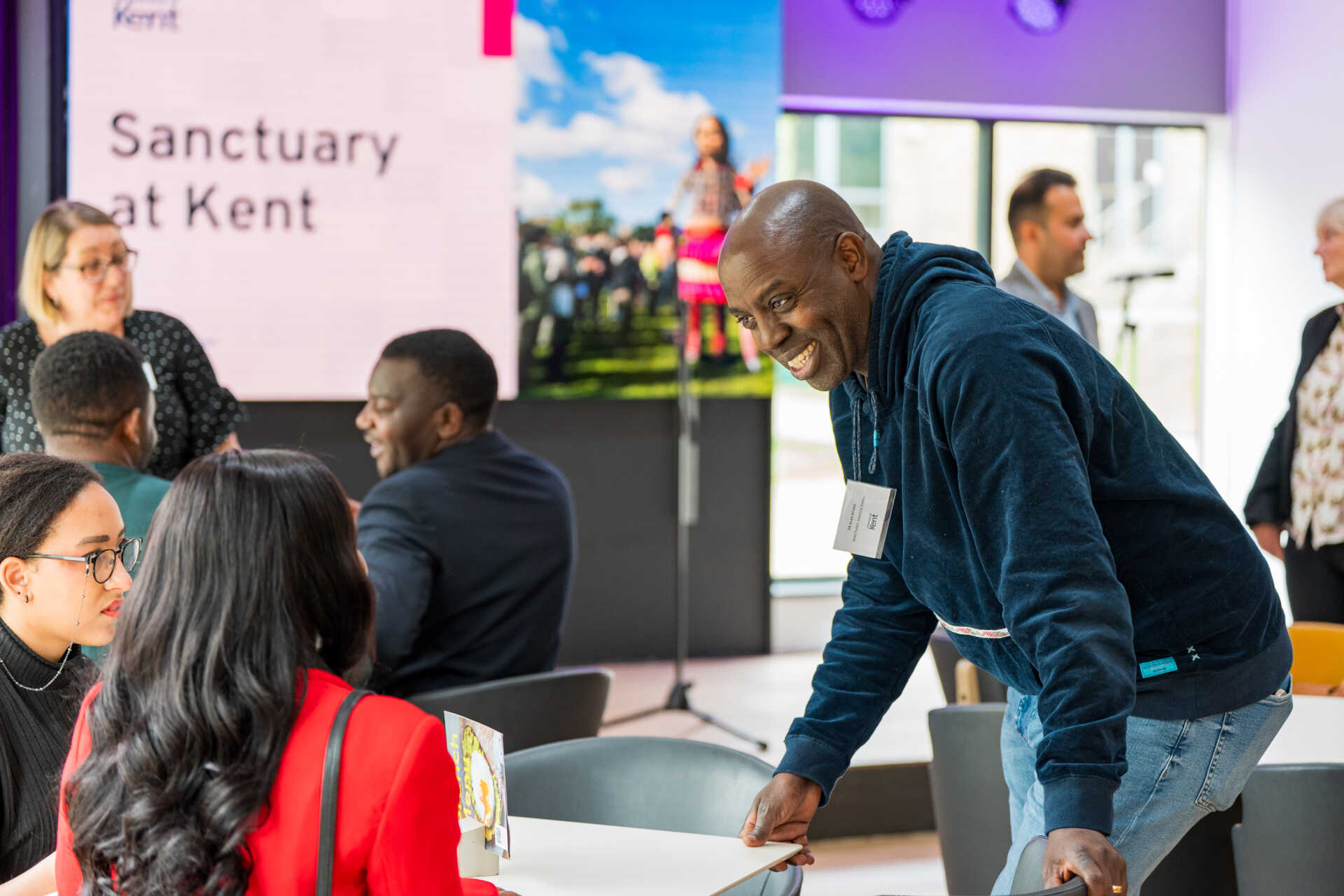
The University of Kent is working to be a safe and welcoming place for refugees, asylum seekers, and others who are displaced or forced to migrate. Help us make a real difference to students seeking sanctuary.
We are a University of Sanctuary
We are proud to announce that we have been awarded ‘University of Sanctuary’ status in recognition and celebration of our values and the work we do to exemplify a commitment to welcome people seeking sanctuary.
The Sanctuary Award means Kent joins a list of other prestigious Universities of Sanctuary – including our partners through the Eastern Arc research consortium whose upcoming conference will focus on themes related to migration and movement.
Professor Georgina Randsley de Moura, Acting Vice Chancellor at Kent said: ‘We are honoured by this award and proud to be part of a movement that stands for compassion, dignity, and inclusion. As a university, we are committed to creating a place of safety and belonging for all."
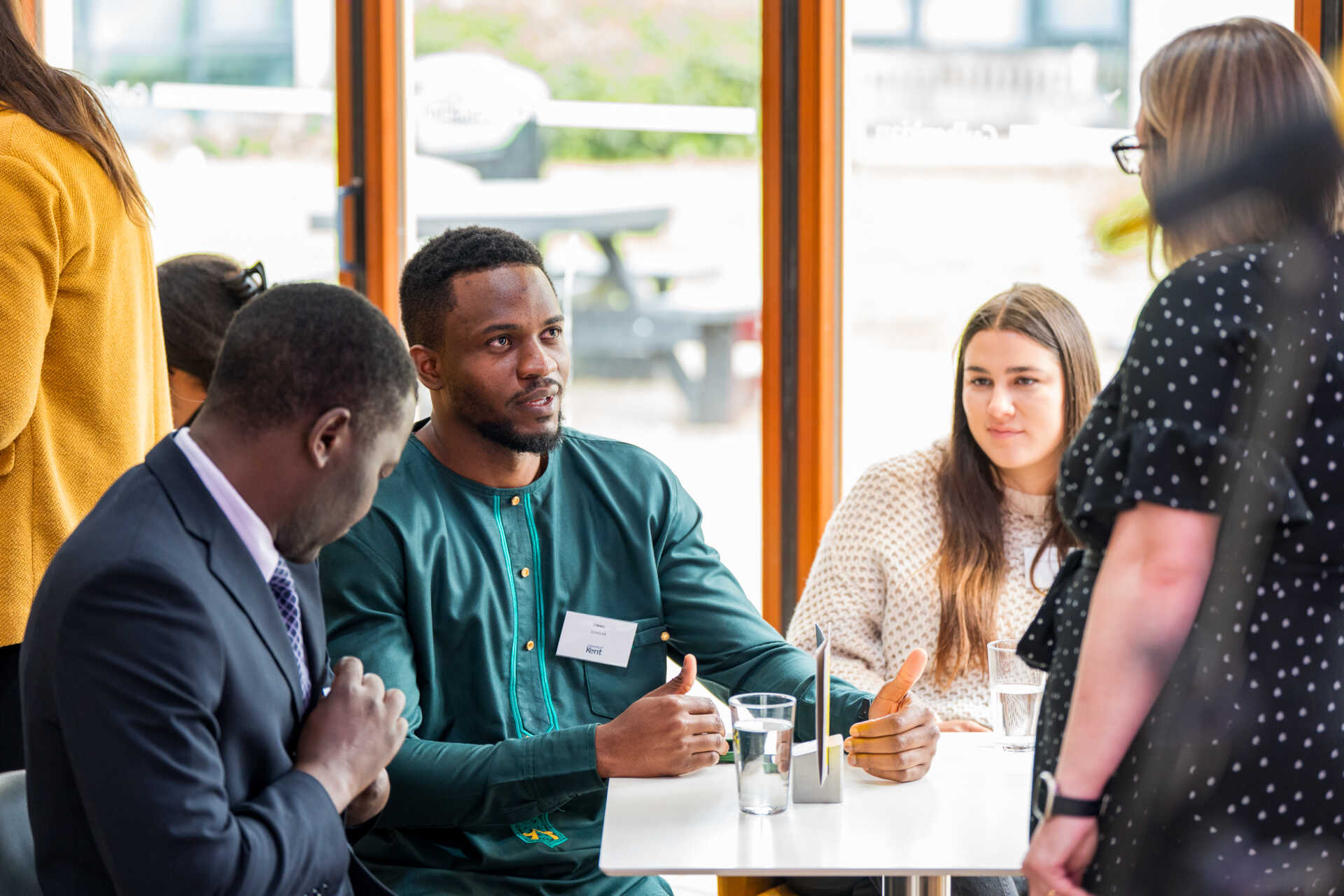
Refugee Week 2025 - 16th - 22nd June
Community as a Superpower
Find out how we are celebrating Refugee Week, with a performance from Projekt Encounter and a look at the recent series of workshops for students from Kent Refugee Action Network (KRAN).
Join us at the Canterbury Cathedral to celebrate the power of community with of number of events throughout the week.
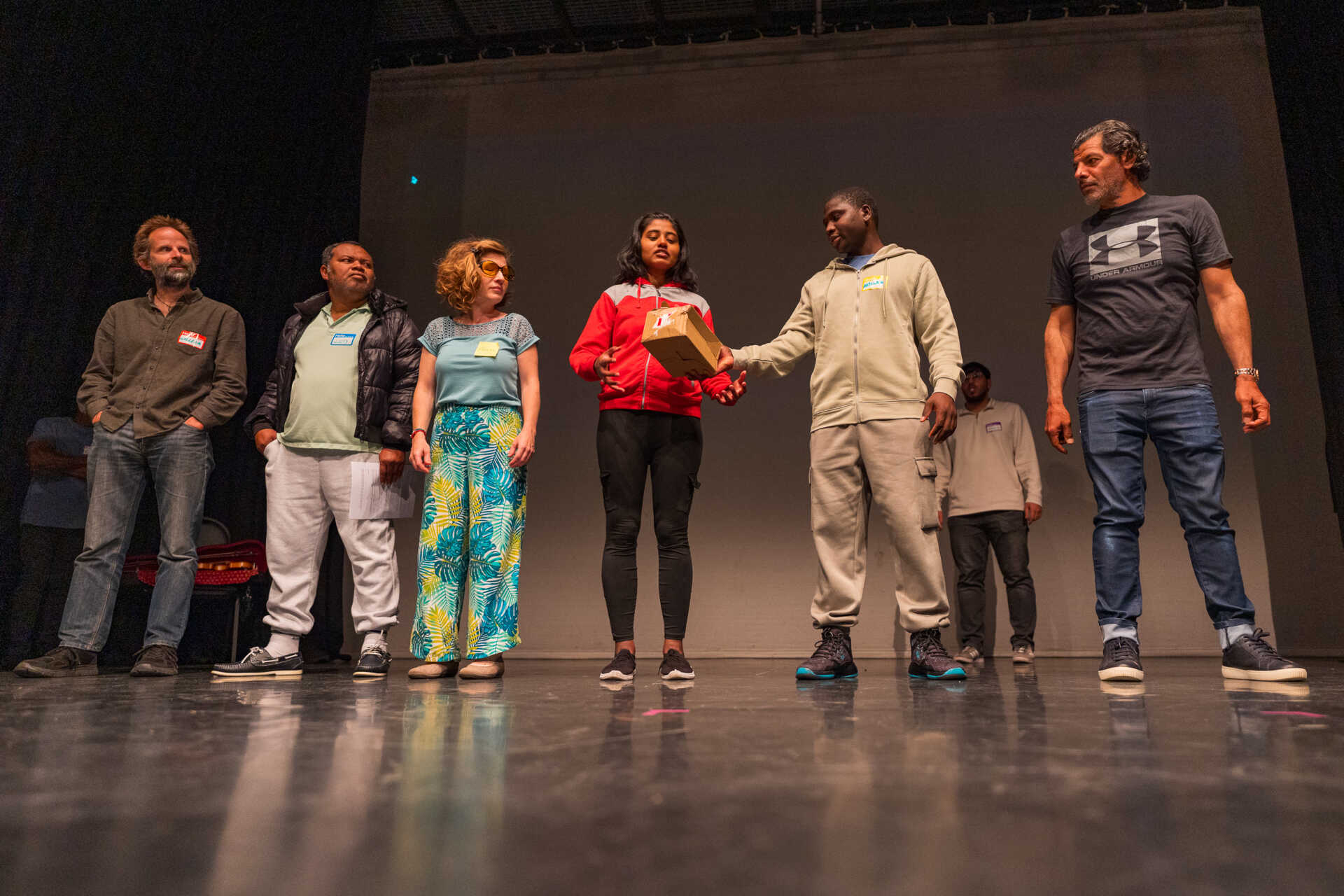
'Home'
Sanctuary Scholar Ismael Nchoutnsu Nsangou recites his poem about separation, uncertainty and refuge.
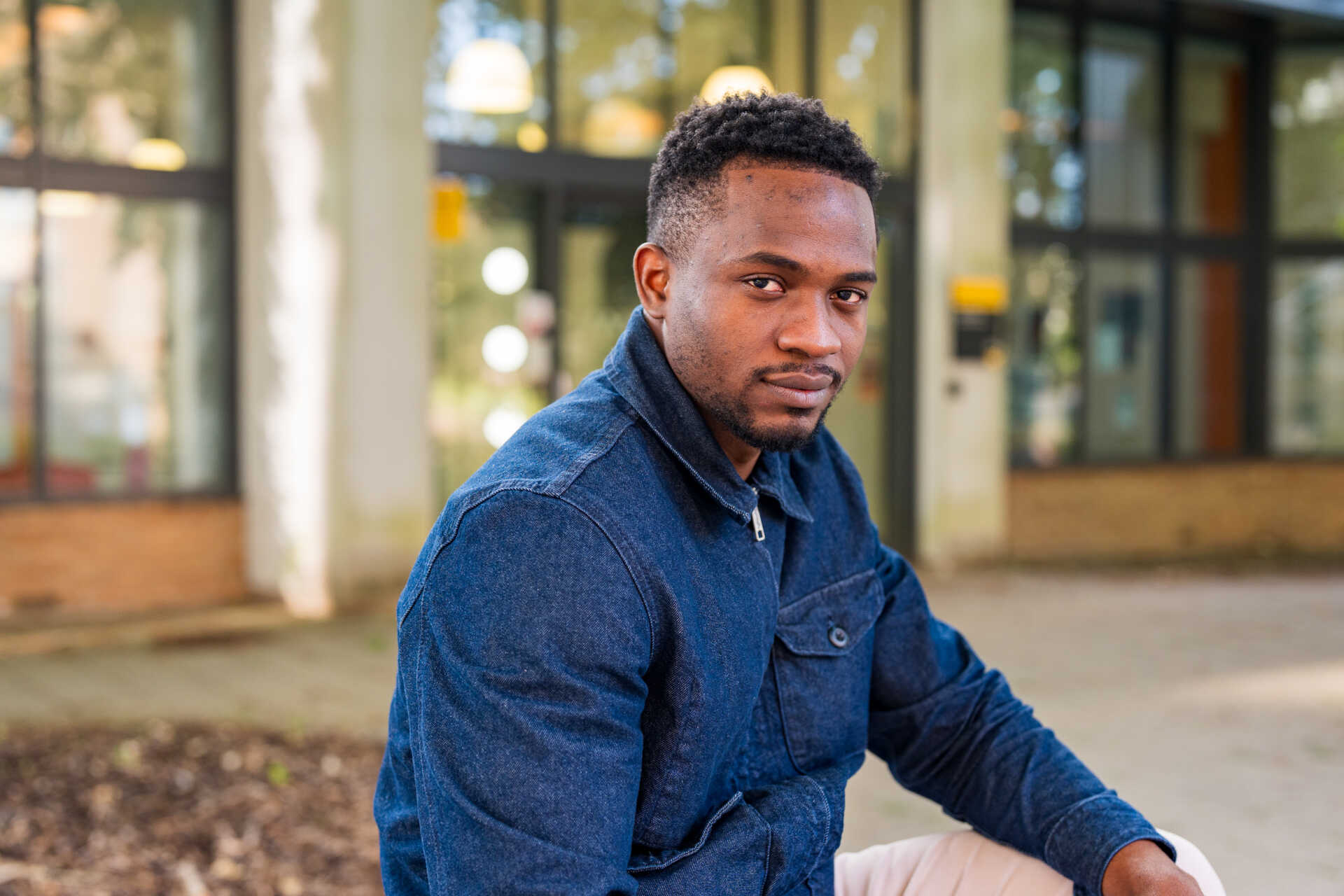
Sanctuary activities
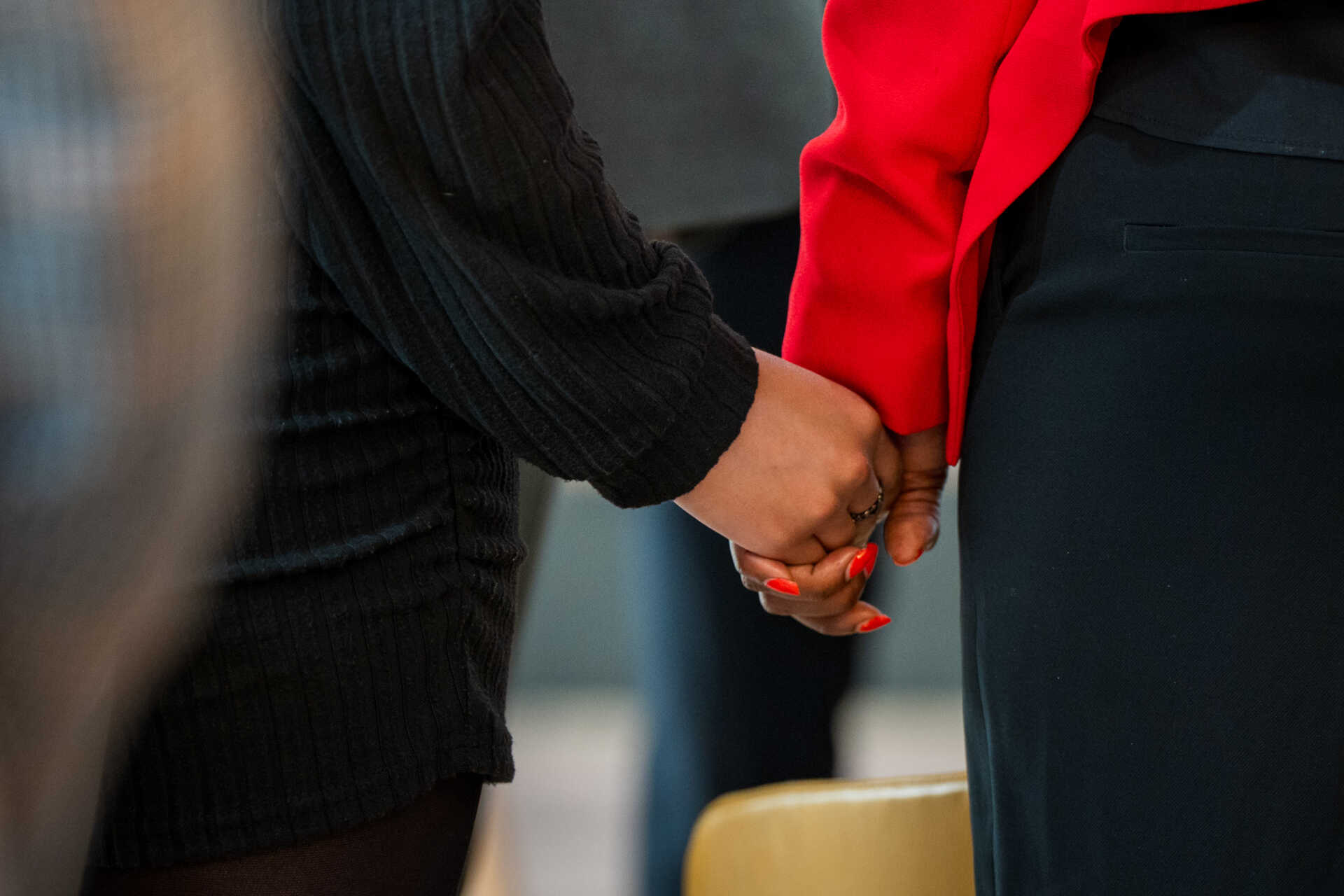
Supporting Academics
We work with CARA (Council for At Risk Academics), who provide urgently-needed help to academics in immediate danger.
Student Action - STAR
Student Action for Refugees society is a student-led organisation that advocates for refugee rights and seeks to welcome refugees and asylum seekers on campus.
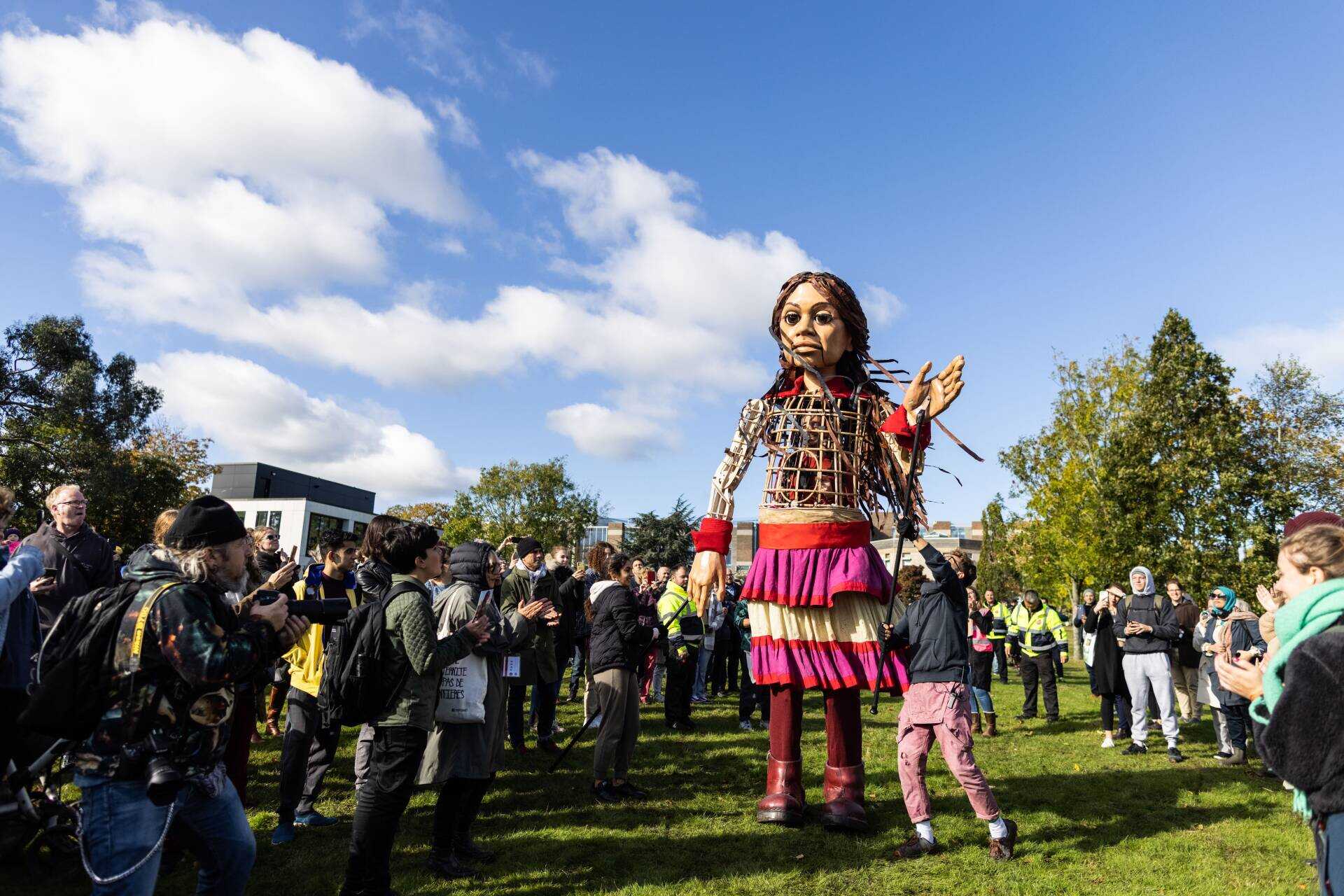
Sanctuary scholarships
A fee waiver and maintenance grant allows some refugees and asylum seekers the opportunity to receive a University of Kent education.
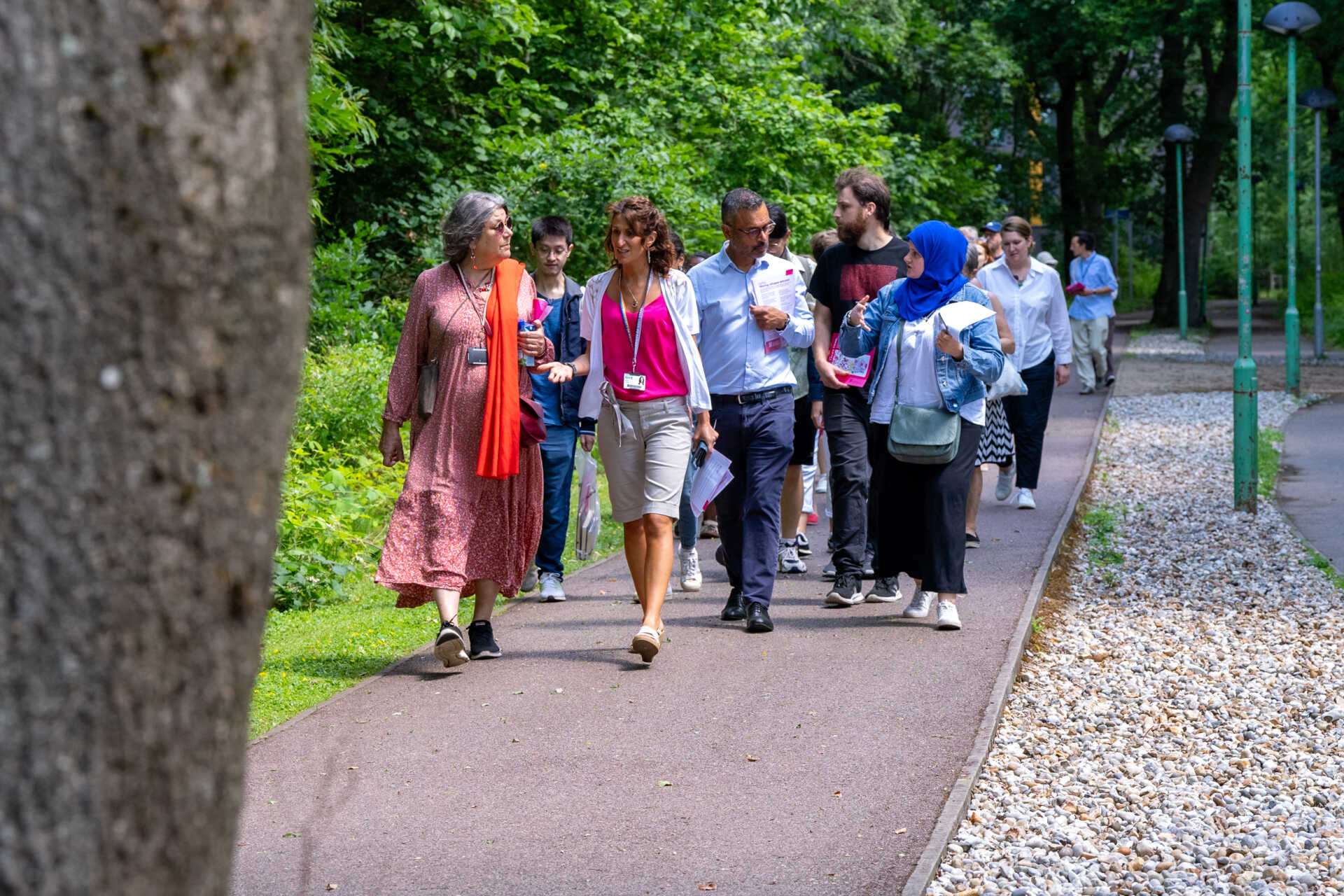
Eastern ARC Unis
Together with Sussex, Essex, and East Anglia, we are collaborating on joint research projects, events and ideas to bring our communities together.
Ukraine Uni Twinning
We collaborate with Kherson State University in Ukraine to support an institution deeply impacted by the ongoing war.
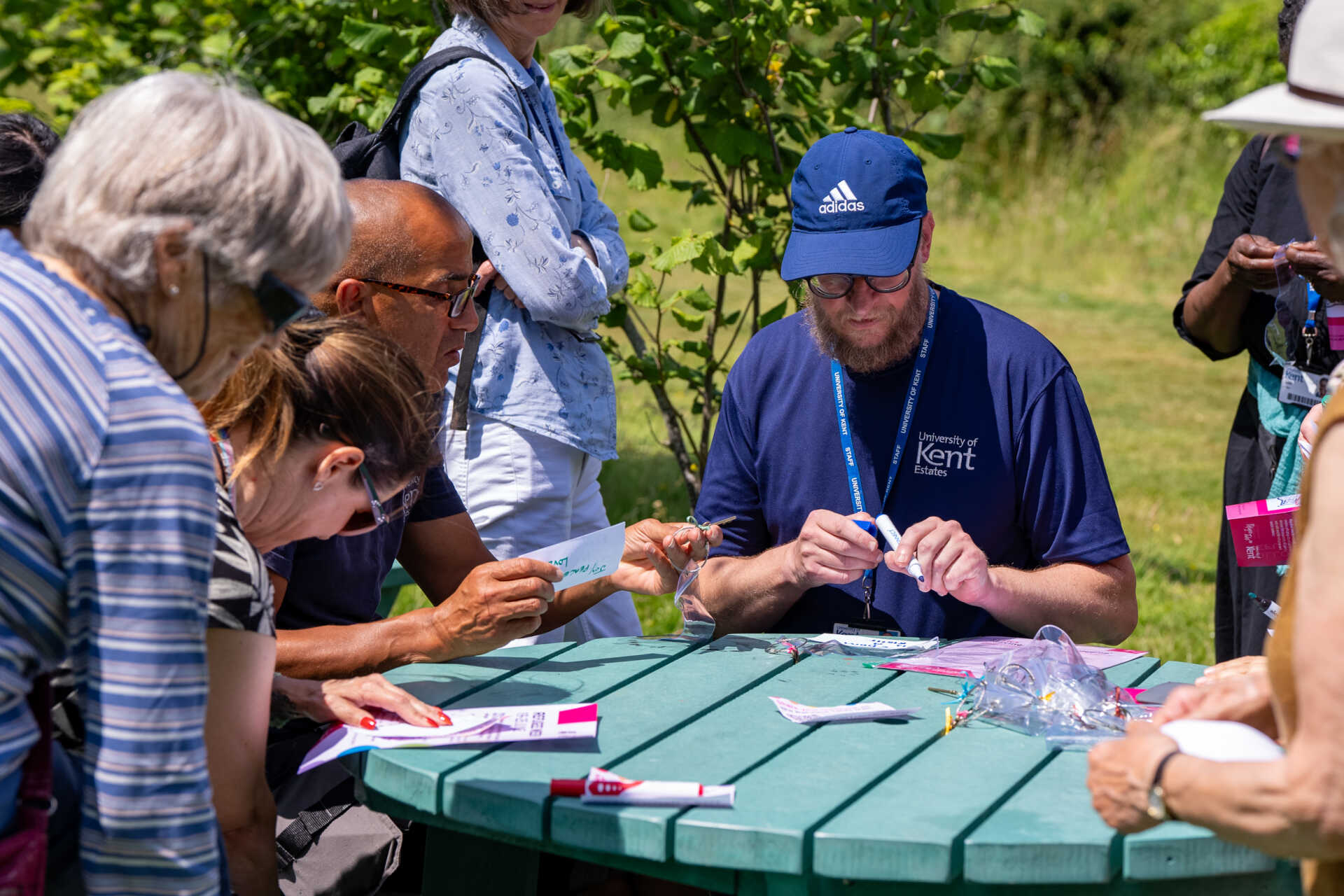
Work with us
Would you like to collaborate on our Sanctuary initiatives? Email us to work together, or give us feedback at engagement@kent.ac.uk.
Student Refugee Week
Student Refugee Week, from the 17th-21st March is an opportunity for students to galvanise and engage with the issues during term time and immerse themselves in stories of lived experience.
Mako's story
Get inspired by Makomborero Haruzivishe, a Zimbabwean refugee, who is a Sanctuary scholar studying law and politics at Kent.
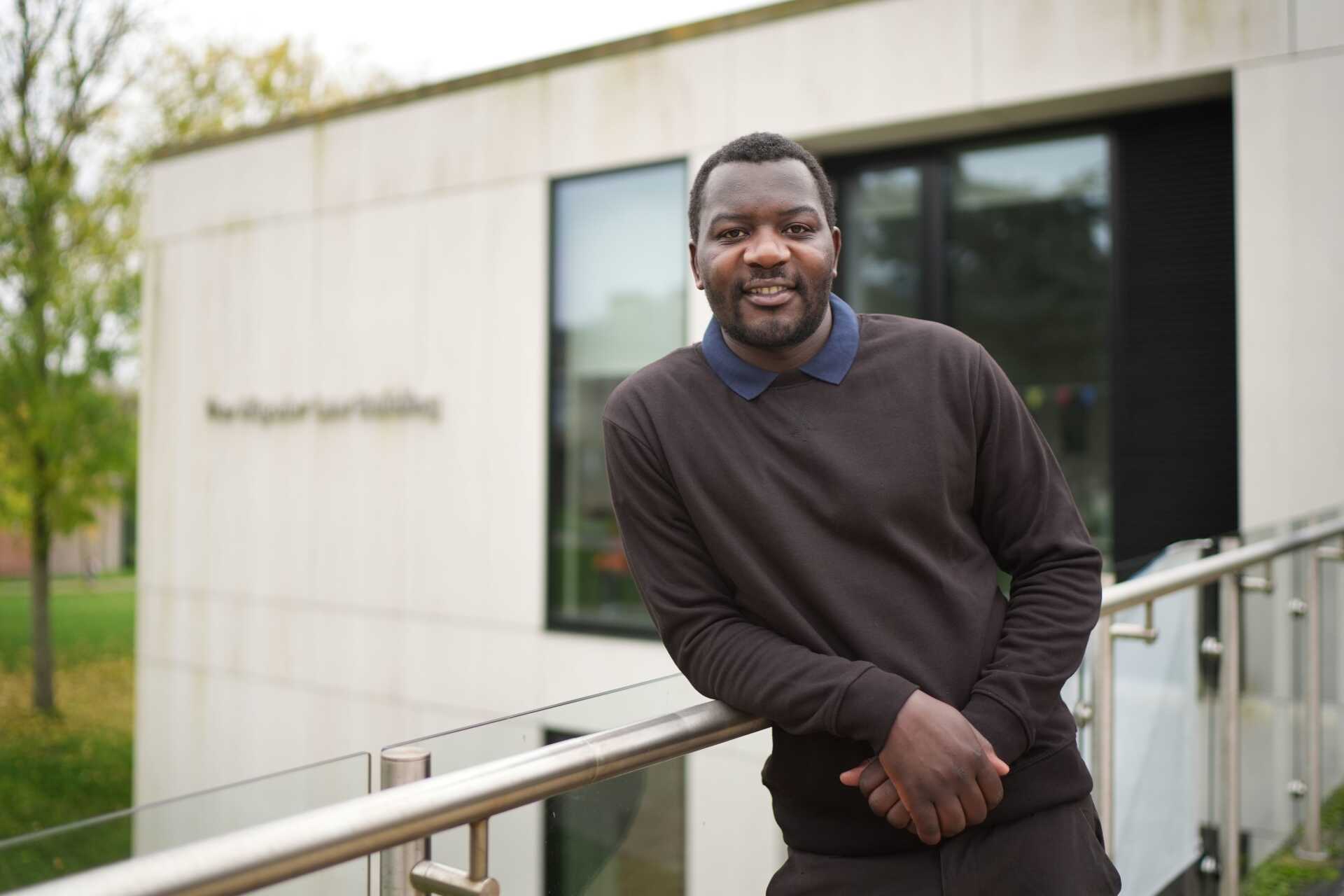
Projekt Encounter - a series of performing arts workshops for migrants, with Projekt Europa
The workshops and performance centred around the theme of change, navigating multiple languages and cultures. Theatre-makers and Kent alumni, Francisca Stangel & Tom Tegento, led this project with support from the School of Arts’ staff and students.
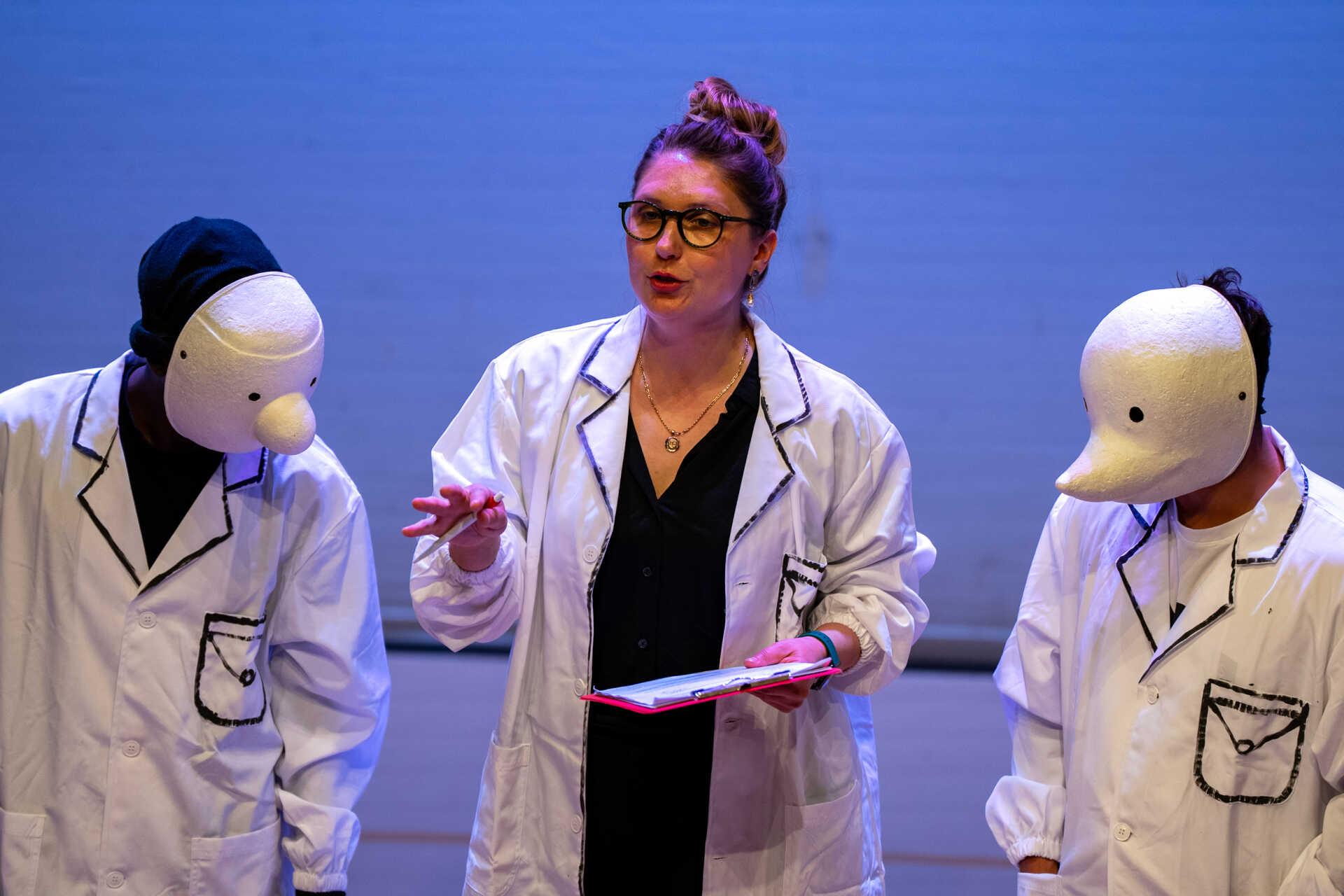
Thank you to our Sanctuary Fund supporters
In the words of Sanctuary Scholar graduate Ky, 'By donating, you’re not just funding education; you’re nurturing resilience, ambition, and hope. You’re empowering someone to grow into a person who, in turn, will help others in need, creating a ripple effect of positive change. Your generosity doesn’t just change one life; it inspires countless others to dream, achieve, and give back'.
Sanctuary Fund 2025 Supporters
Anonymous
Emeritus Professor John Baldock
Colyer-Fergusson Charitable Trust
Craig Reader
Hardy Family Foundation
Mrs Elisabeth Hirons
Professor Janet Montefiore
Stagecoach Southeast
Walker Construction Charitable Trust
Peter Willis
And everyone who has ever made a gift to Kent Sanctuary Fund.

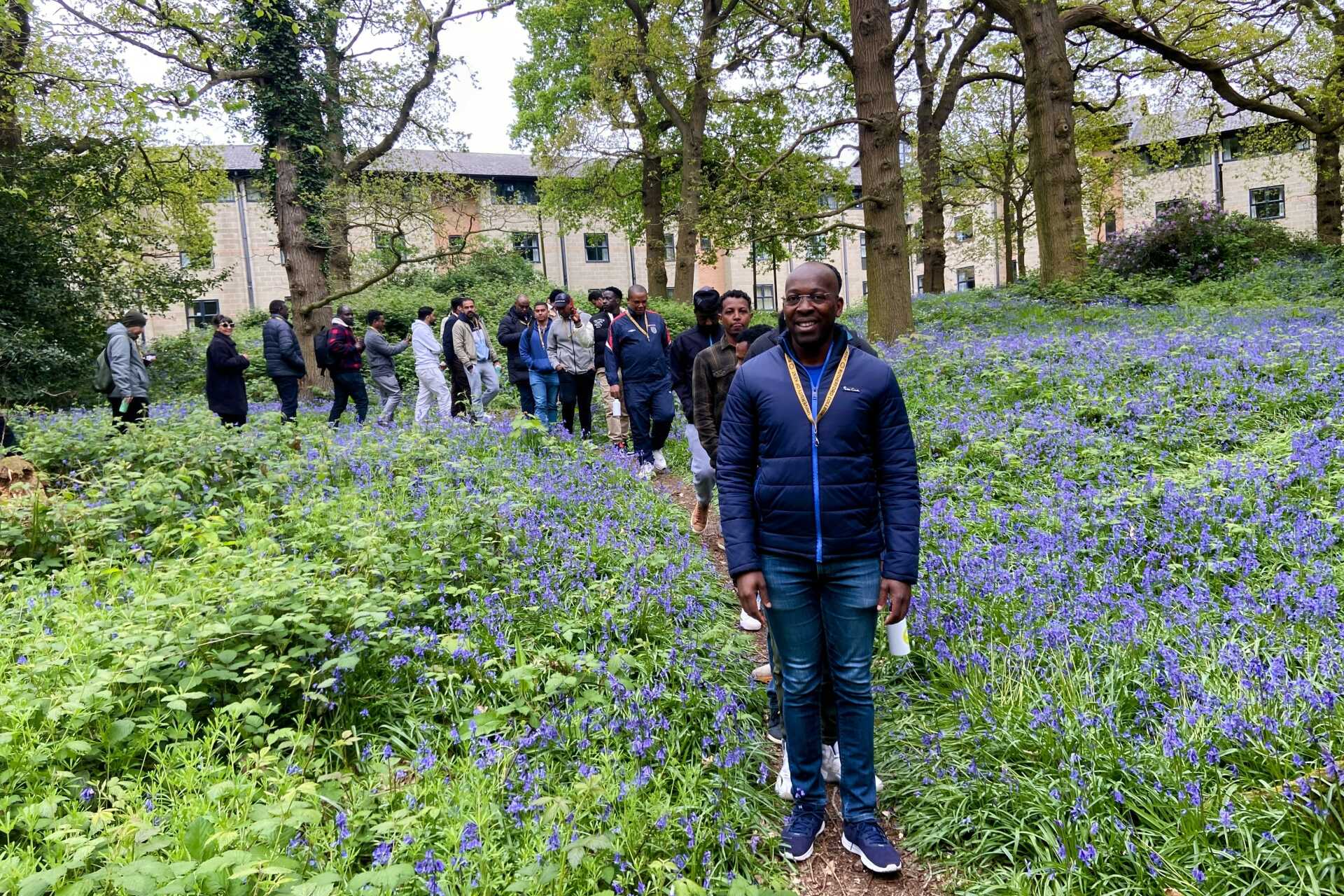
These young people have already experienced more challenges than most of us could even imagine. Supporting them to pursue their ambitions and talents in higher education is a privilege.'
Antonia Hardy, The Hardy Foundation
